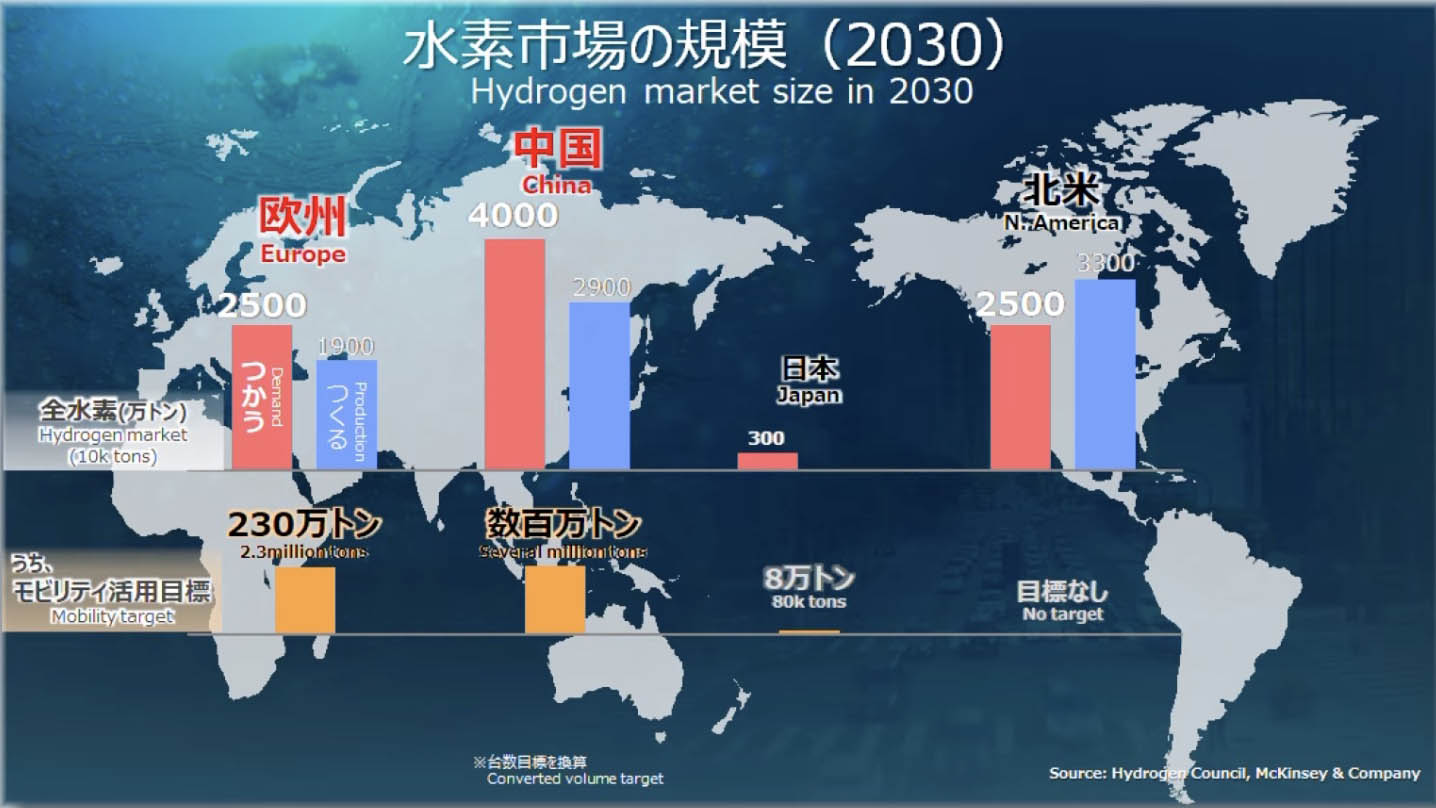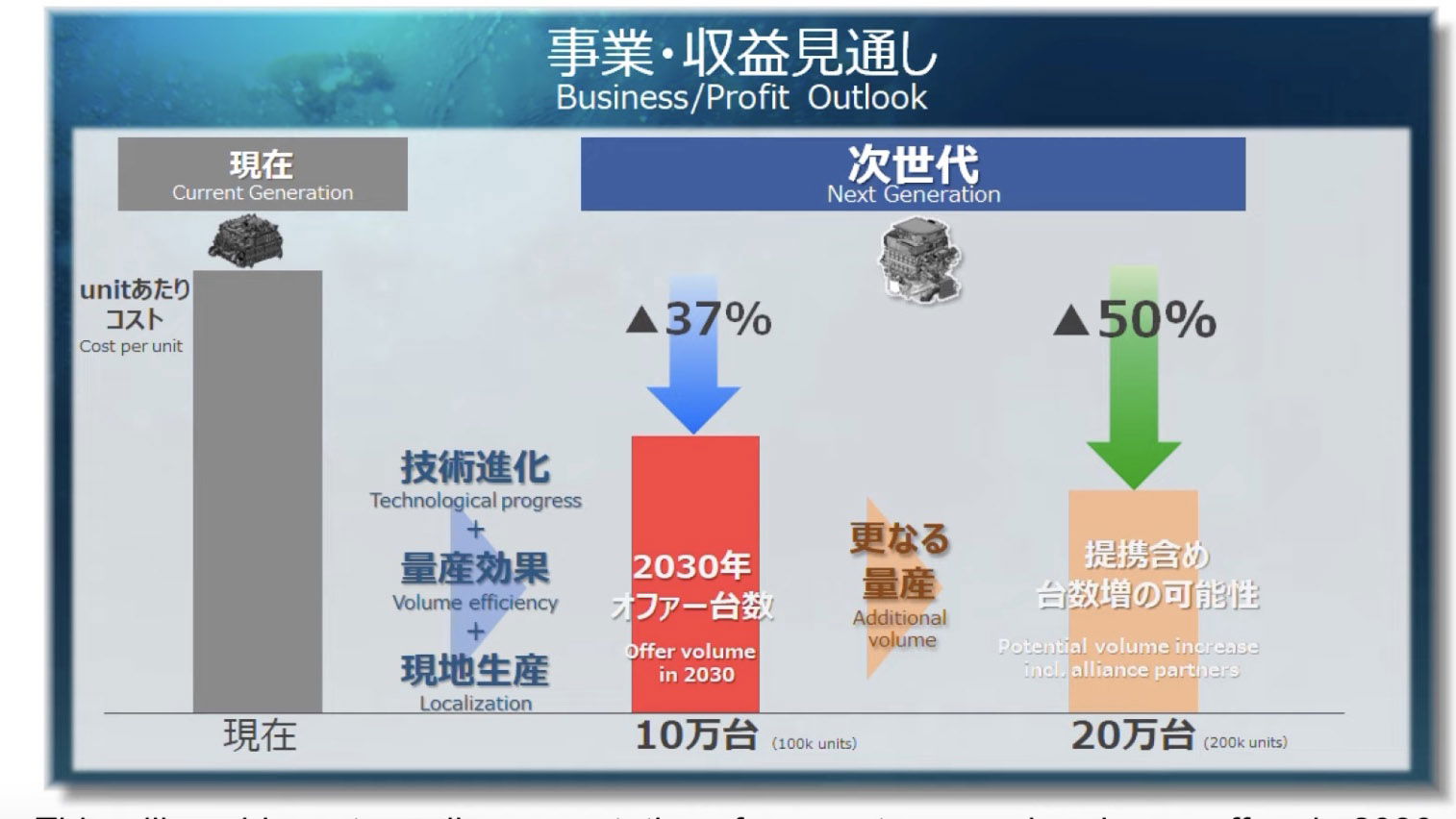The next generation of fuel cell cars will cost 50% less
Hydrogen is also on the rise. This way of propulsion could even quickly become a real alternative to battery electric cars. So says Toyota, which predicts that the next generation of fuel cell cars will be 50% cheaper. And that even in 2026.

Although the use of hydrogen cars is convincing, the alternative is currently only favored by a handful of manufacturers, mainly in Asia.
The forced transition to electric cars has disrupted the plans of many manufacturers and they have had to reorganize themselves to develop battery electric cars in a hurry to keep up with the very tight schedule imposed by the authorities in different parts of the world, including Europe.
Why give up hydrogen, or at least postpone this solution? Simply because fuel cells are still expensive to produce and the tidal wave of green hydrogen has not yet arrived.
It is true that governments intend to produce green hydrogen on a large scale as soon as possible, but the priority would be industry and a few heavy means of transport (trains, trucks, shipping). At least initially.

Back in favor already in 2026?
Of course, some manufacturers have not given up on hydrogen. On the contrary: they continue to firmly believe in it, also for individual means of transport. This is the case of Toyota, which has just announced that this technology will progress rapidly between now and 2026, in other words in just 3 years.
The Japanese company promises that by then a new generation of fuel cells will be available that will be 50% cheaper to produce and will increase range by 20%, while still being cheaper to maintain than a diesel engine.
Increase demand to reduce costs
However, this price reduction is only possible if production volumes increase. And so is the question. That is why Toyota will also reorganize its hydrogen plant in order to be able to take decisions more quickly on this subject.

It will also produce more hydrogen to support the introduction of these vehicles, with a priority for the commercial sector. But it's clear that if it works, it won't be long before private vehicles start using hydrogen on a large scale.
For the production of hydrogen, Toyota says it has developed a new electrolysis installation, as well as installations that run on biogas. According to the Japanese company, costs could be reduced by 50% by 2030 if 200,000 units are produced.

Also cars
Toyota, which has often been skeptical about the electric car's singular solution, continues to follow the hydrogen route. And probably rightly so, because it is this mix of possibilities that will enable green mobility that meets everyone's needs.
In fact, that's exactly what the automaker demonstrated earlier this year with its two AE86 concepts, one fully electrified and the other powered by hydrogen. Definitely something to keep an eye on.






